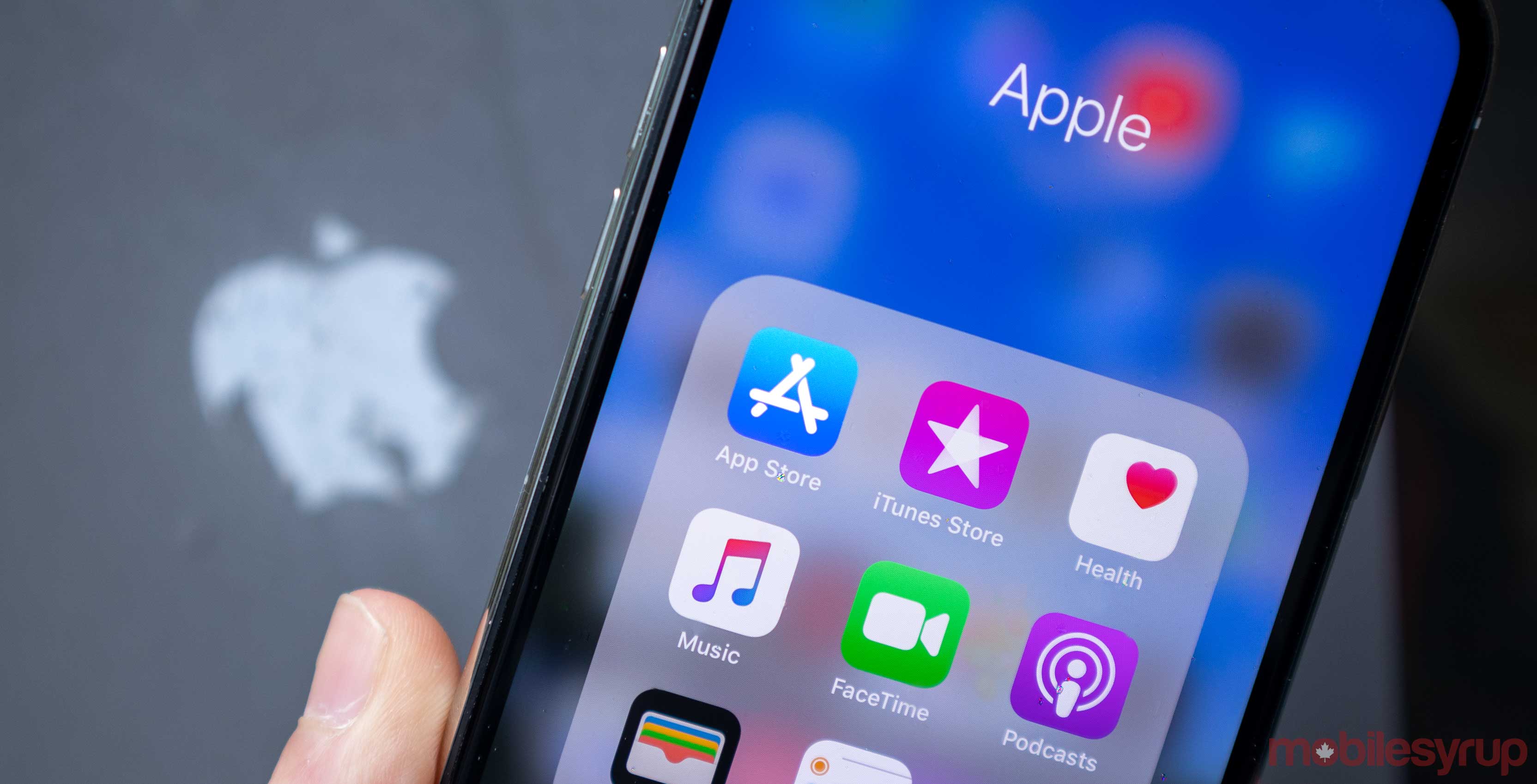
In a decision today the United States Supreme Court ruled five to four against Apple to state the App Store is a monopoly.
This means that iPhone users now have grounds to sue the tech giant for anticompetitive practices and other issues they may have with the App Store.
This means that Apple is now potentially open to hundreds of millions of dollars in penalties.
Where did this start?
Back in November of 2018, a group of iPhone owners argued that the 30 percent commission Apple charges developers on its platform, combined with the fact that there is no easy way for users to get apps outside of the App Store, forced app creators to inflate their prices.
This wouldn’t happen if the App Store wasn’t a monopoly, according to the developers.
Today’s decision doesn’t mean those iPhone owners have won yet. The current case just aimed to decide if they have grounds to sue Apple.
What determined the ruling?
During the suit, Apple argued that it wasn’t the seller of apps, developers are. The company based the argument on the fact that it believes the App Store is just an agent for developers to sell their apps, according to CNBC.
This case spent a long time trying to determine if a legal precedent known as Illinois Brick should stand in this case. ‘Illinois Brick co v Illinois’ is a case from 1977 that ruled purchasing something from a reseller in a supply chain means the buyer can’t seek damages for antitrust violations committed by the actual manufacturer or service provider.
“Apple argues that Illinois Brick allows consumers to sue only the party who sets the retail price, whether or not the party sells the good or service directly to the complaining party,” reads the court filing.
The court disagreed and stated that this situation is very different than the original 1977 Illinois Brick case because to buy apps users are interacting directly with Apple.
This isn’t the first time Apple has been accused of this
The argument that prices would be lower on the App Store without the 30 percent Apple Tax is one that Spotify recently put forward in the European Union. The streaming giant claims that Apple is using its power over the App Store to hold back its platform and that the 30 percent tax doesn’t allow it to compete on equal footing with Apple Music.
Spotify is a good example of what developers need to do to make the money they feel they deserve in Apple’s App Store. While Spotify no longer allows users to sign up for its premium subscription through the App Store, when it did the service cost $3 CAD more than when subscribing online. This price difference makes up for Apple’s cut of each subscriber, according to Spotify.
This is the main argument that was made during the case that settled today. Apple’s 30 percent cut essentially means that developers need to pass that cost onto consumers, resulting in higher priced apps.
As a result, the ruling could open the door for future antitrust allegations against the Cupertino tech giant.
You can read the full court document here.
Update 13/05/2019 5:33PM EST: Apple has responded to the Supreme Court’s decision with the following statement:
“Today’s decision means plaintiffs can proceed with their case in District court. We’re confident we will prevail when the facts are presented and that the App Store is not a monopoly by any metric.
We’re proud to have created the safest, most secure and trusted platform for customers and a great business opportunity for all developers around the world. Developers set the price they want to charge for their app and Apple has no role in that. The vast majority of apps on the App Store are free and Apple gets nothing from them. The only instance where Apple shares in revenue is if the developer chooses to sell digital services through the App Store.
Developers have a number of platforms to choose from to deliver their software – from other apps stores, to Smart TVs to gaming consoles – and we work hard every day to make sure our store is the best, safest, and most competitive in the world.”
MobileSyrup may earn a commission from purchases made via our links, which helps fund the journalism we provide free on our website. These links do not influence our editorial content. Support us here.


